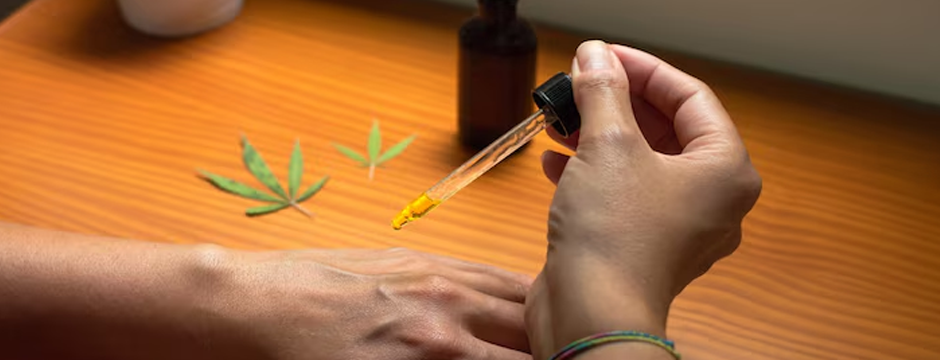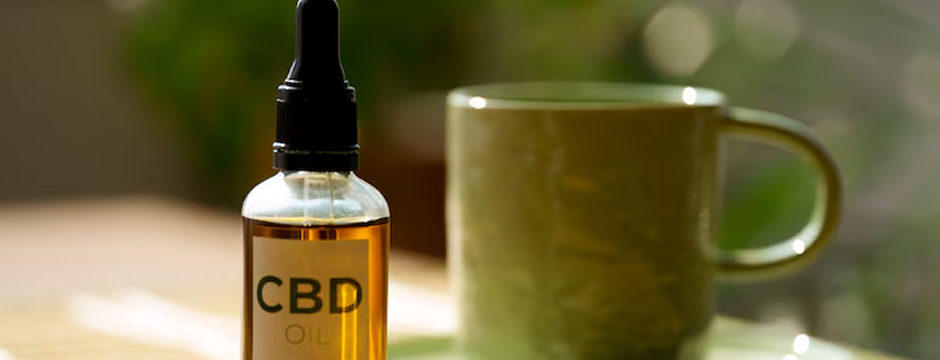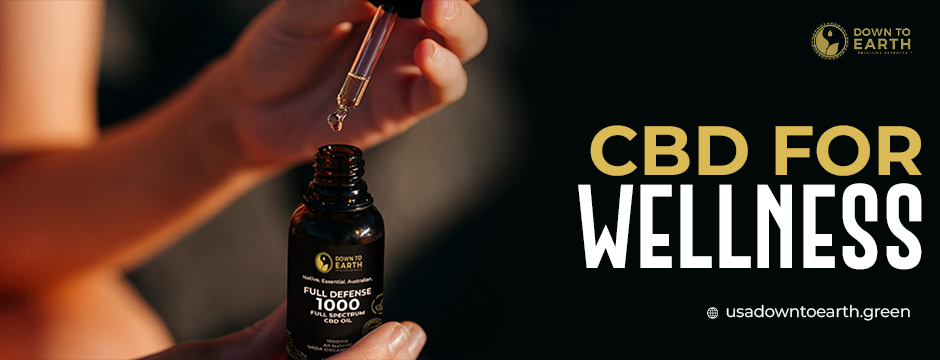CBD and the Feel‑Good Factor: Why Plant Rituals Matter in Wellness Culture
Nowadays, many people are seeking ways to slow down, nurture themselves, and create moments of tranquility in their daily lives. In this growing trend, cannabidiol (CBD) has emerged as a popular addition to holistic rituals. Its rise is largely due to its natural properties and its role in supporting overall well‑being. Let’s explore why CBD for wellness has become such an important piece of the self‑care conversation, and how plant rituals can help cultivate a balanced, feel‑good lifestyle.
The Role of CBD for Wellness
CBD, a compound derived from the hemp plant, has gained widespread attention for its potential benefits in supporting relaxation and overall well‑being. It is a natural, non‑intoxicating cannabinoid that can be incorporated into daily rituals. What draws many to CBD for wellness is its compatibility with the body’s endocannabinoid system, which is thought to play a role in maintaining balance across physiological functions.
While CBD itself doesn’t treat or cure illnesses, it can be an ideal companion for those seeking a calmer and more balanced state. Its appeal lies in its versatility and ability to complement a mindful approach to self‑care.
Plant Rituals: An Ancient Practice for Modern Times
Throughout history, plants have been celebrated for their profound ability to support a sense of connection, relaxation, and inner balance. From ancient civilizations to contemporary cultures, rituals that involve botanical ingredients have long been used to create sacred spaces, mark moments of significance, and foster mindfulness.
These practices reflect a deep respect for the natural world and its role in nurturing human well‑being. Today, incorporating CBD into these rituals is a natural extension of this heritage, aligning with a growing desire for moments of peace and introspection. By combining CBD with traditional plant rituals, we can create a meaningful link between nature and ourselves — allowing space for reflection, relaxation, and renewal. In a world that often feels overwhelming and fragmented, these moments of quiet connection can help restore a sense of balance, supporting the body, mind, and spirit. Plant rituals, enhanced by CBD, invite us to slow down, breathe, and rediscover a deeper state of belonging.
Why Rituals Matter for Wellness Culture
Modern life often feels fragmented, with countless demands competing for our attention. Rituals create a space for quiet reflection and enable a deeper connection between mind, body, and nature. By intentionally making space for practices that support relaxation and well‑being, we cultivate resilience and inner strength. This approach can be as simple as making a morning cup of herbal tea infused with CBD or using a botanical balm as part of a nightly routine.
The Feel‑Good Factor of Plants and CBD
Plants have long been associated with comfort and tranquility. The sensory experience of working with botanical elements — their textures, aromas, and energy — can foster feelings of relaxation and contentment. CBD builds upon this heritage by allowing people to create a tailored experience that fits into their daily lives. Together, plants and CBD can help set a scene for mindfulness, relaxation, and renewal.
CBD for Wellness and Its Growing Role
As interest in natural wellness grows, many people are incorporating CBD into their rituals for its potential role in supporting relaxation and overall balance. In this context, CBD for wellness is about nurturing moments of calm and focusing attention inward. Its neutral nature makes it a valuable addition for those exploring ways to deepen their daily rituals, whether through meditation, yoga, or simply enjoying a quiet moment with a cup of tea.
Making Space for Rituals in a Busy World
We live in a world that is increasingly digital and fast‑paced. Creating moments for rituals allows us to slow down and practice being present. Incorporating CBD products — like a soothing salve or a subtle oil — can transform a routine into a meaningful ritual. This practice can foster a deeper sense of well‑being and create a foundation for a balanced lifestyle.
A Commitment to Sustainability and Quality
At Down To Earth USA, we understand the value of aligning nature and human intention. We create our products with the utmost respect for the plants and heritage that inspire them. Our formulations feature native Australian botanicals like Lemon Myrtle, Pineapple Myrtle, and Mango Myrtle, harnessing their unique properties to support overall well‑being. We work closely with dedicated growers and distillers in the Byron Bay hinterland, ensuring that every batch reflects the richness and vibrancy of its environment.
We’re proud to stand as a brand that prioritizes quality, sustainability, and transparency. Our offerings are designed to support moments of reflection, making it easy for people to incorporate CBD for wellness into their daily rituals. In doing so, we honor both the land and the heritage of its botanical treasures.
Conclusion
In a world that often feels overwhelming, rituals rooted in nature can help ground and balance us. CBD for wellness is a tool that can support this sense of connection, making moments of tranquility more accessible in everyday life. At the heart of this practice is a deep respect for the natural world and an understanding that even the simplest rituals can have a profound effect on overall well‑being. By blending the richness of plant heritage with modern formulations, we can create spaces for calm, balance, and renewal — allowing ourselves to truly feel and embrace the “feel‑good factor” that nature offers.






